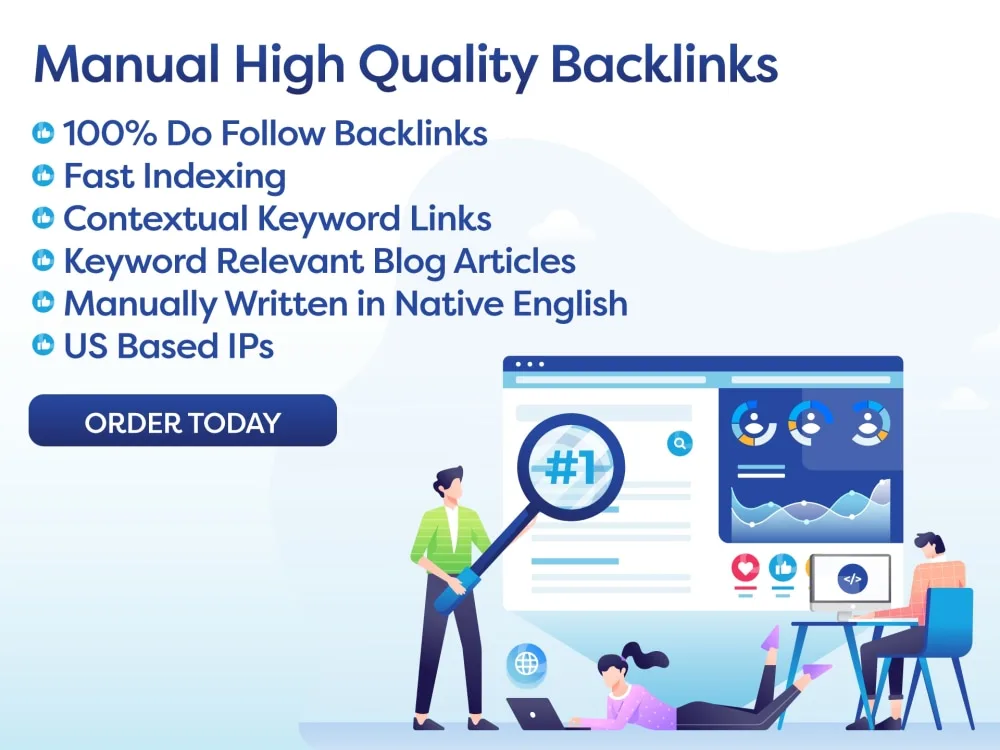To maximize search engine rankings and drive organic traffic, SEO beginners must complete a comprehensive SEO content checklist before publishing. The checklist includes understanding SEO basics, conducting keyword research, creating engaging content, optimizing on-page elements, building quality backlinks, and monitoring performance. SEO content is crucial for attracting search engine traffic and helping users find relevant information. Keyword research is essential for identifying relevant keywords, while creating high-quality, engaging content helps improve visibility. On-page elements like title tags and meta descriptions must be optimized, and building quality backlinks is important for website authority. Regularly monitoring and analyzing SEO performance using tools like Google Analytics is key to adjusting strategies for success.
Excerpt: Ensure your SEO content checklist is complete before hitting publish to maximize your search engine rankings and drive organic traffic.
Introduction:
Welcome, SEO Beginners, to the world of search engine optimization. In today’s digital age, having a strong SEO strategy is crucial for any website looking to increase its online visibility, attract more visitors, and ultimately drive conversions. But where do you start? How do you ensure your content is optimized for search engines? In this article, we will guide you through the essential SEO content checklist to help you achieve your digital marketing goals.
Key Takeaways:
- Understand the basics of SEO content
- Conduct keyword research
- Create high-quality, engaging content
- Optimize on-page elements
- Build quality backlinks
- Monitor and analyze your performance
Key Point 1: Understand the basics of SEO content
- What is SEO content?
- Why is SEO content important?
In order to create successful SEO content, you must first understand the basics of search engine optimization. SEO content refers to any content on your website that is created with the goal of attracting search engine traffic. This can include blog posts, articles, product descriptions, and more. SEO content is important because it helps search engines understand what your website is about and helps users find relevant information when they search for specific keywords.
Key Point 2: Conduct keyword research
- Why is keyword research important?
- How to conduct keyword research effectively
Keyword research is a crucial step in creating SEO content. By identifying the keywords and phrases that are most relevant to your business or industry, you can optimize your content to rank higher in search engine results pages (SERPs). To conduct keyword research effectively, use tools like Google Keyword Planner, SEMrush, or Ahrefs to identify relevant keywords with high search volume and low competition.
Key Point 3: Create high-quality, engaging content
- What makes content high-quality?
- How to create engaging content that ranks well
High-quality, engaging content is essential for SEO success. Search engines like Google prioritize content that is informative, relevant, and provides value to users. To create high-quality content, focus on writing in-depth, well-researched articles that address your audience’s needs and interests. Incorporate multimedia elements like images, videos, and infographics to make your content more engaging and shareable.
Key Point 4: Optimize on-page elements
- What are on-page elements?
- How to optimize on-page elements for SEO
On-page elements are the elements of a webpage that can be optimized for search engines, such as title tags, meta descriptions, heading tags, and URL structure. To optimize on-page elements for SEO, ensure that your title tags and meta descriptions accurately describe the content of your page and include relevant keywords. Use heading tags (H1, H2, H3, etc.) to organize your content and make it more readable for both users and search engines.
Key Point 5: Build quality backlinks
- What are backlinks?
- How to build quality backlinks for SEO
Backlinks are links from other websites that point back to your site. They are an important ranking factor for search engines, as they signal to Google that your content is valuable and authoritative. To build quality backlinks, focus on creating high-quality, shareable content that other websites will want to link to. Reach out to relevant websites in your industry and ask for backlinks, or participate in guest blogging opportunities to build links back to your site.
Key Point 6: Monitor and analyze your performance
- Why is it important to monitor and analyze your SEO performance?
- How to track your SEO performance effectively
Monitoring and analyzing your SEO performance is crucial to understanding how well your content is performing in search engine results. Use tools like Google Analytics, Google Search Console, and SEMrush to track key metrics such as organic traffic, keyword rankings, and backlink profiles. Analyze this data regularly to identify areas for improvement and make adjustments to your SEO strategy accordingly.
Action Plan:
- Familiarize yourself with the basics of SEO content and its importance.
- Conduct keyword research to identify relevant keywords for your business.
- Create high-quality, engaging content that provides value to your audience.
- Optimize on-page elements like title tags and meta descriptions for SEO.
- Build quality backlinks to improve your website’s authority and rankings.
- Monitor and analyze your SEO performance using tools like Google Analytics and SEMrush.
Conclusion:
In conclusion, mastering the SEO content checklist is essential for driving organic traffic, increasing your website’s visibility, and ultimately achieving your digital marketing goals. By understanding the basics of SEO, conducting keyword research, creating high-quality content, optimizing on-page elements, building quality backlinks, and monitoring your performance, you can create a successful SEO strategy that attracts more visitors and drives conversions.
FAQ
Q: What is the SEO content checklist?
A: The SEO content checklist is a list of essential steps to optimize your content for search engines, including conducting keyword research, creating high-quality content, optimizing on-page elements, building backlinks, and monitoring performance.
Q: Why is keyword research important for SEO?
A: Keyword research is important for SEO because it helps you identify the keywords and phrases that your target audience is searching for, allowing you to optimize your content to rank higher in search engine results pages.

